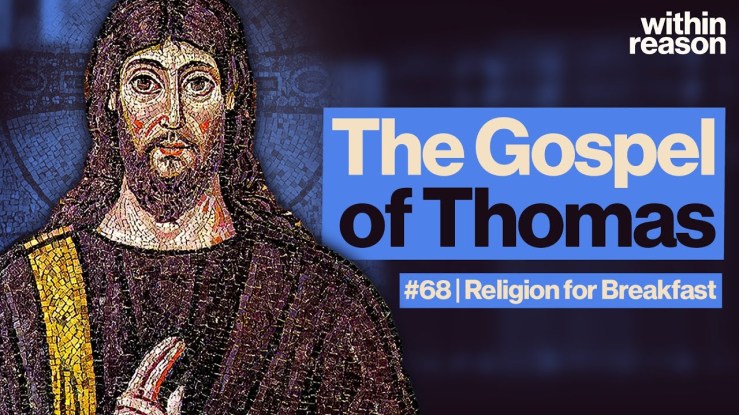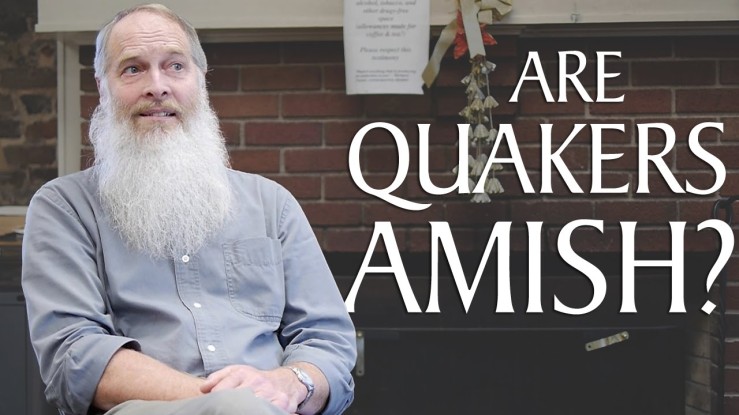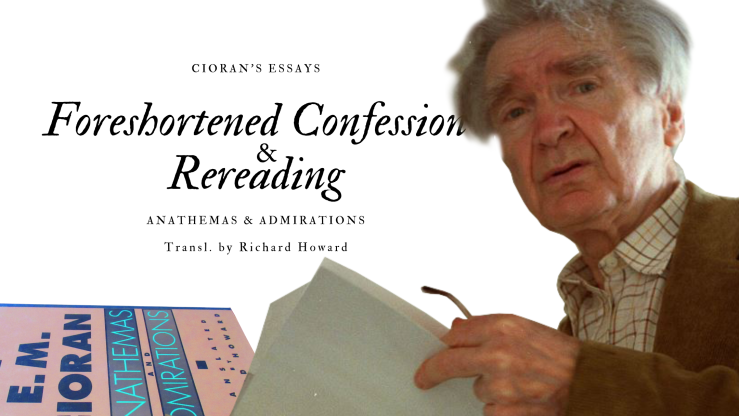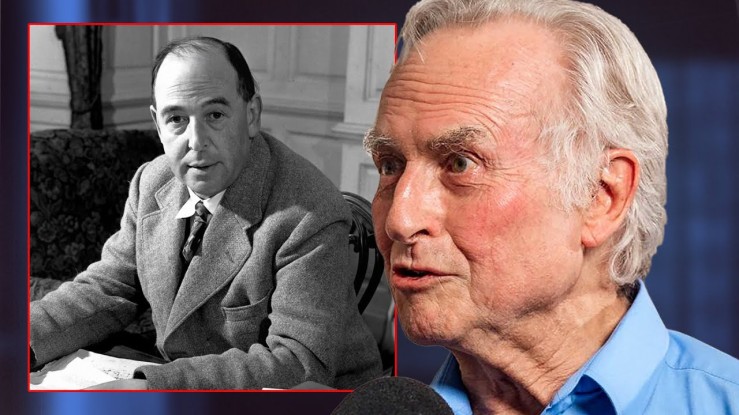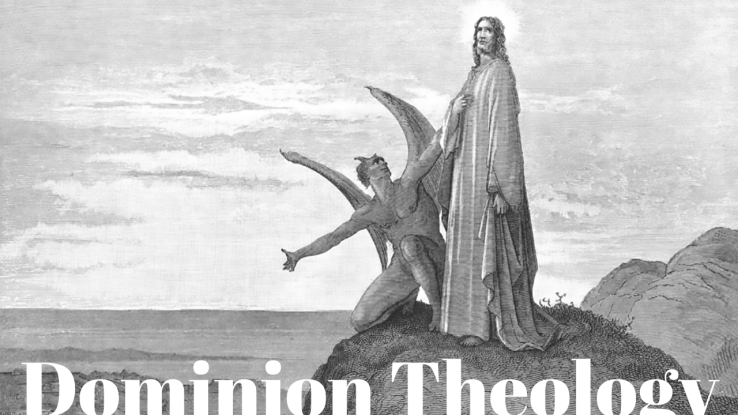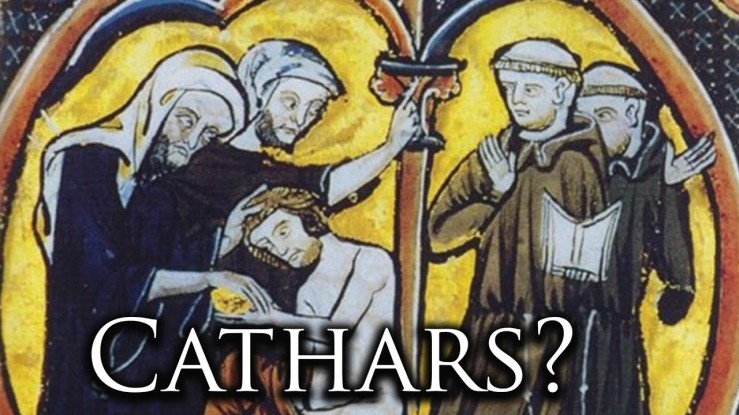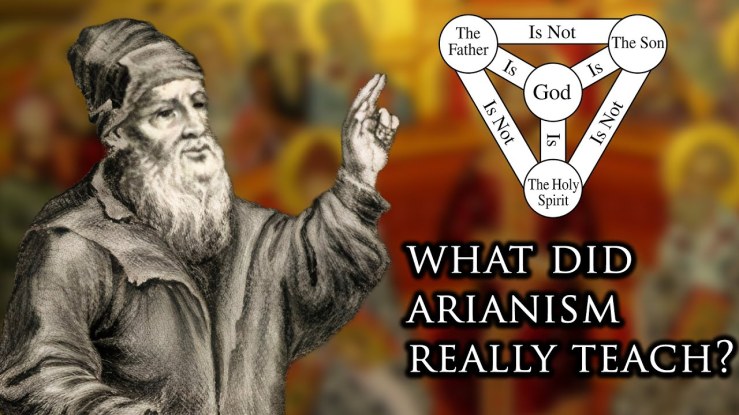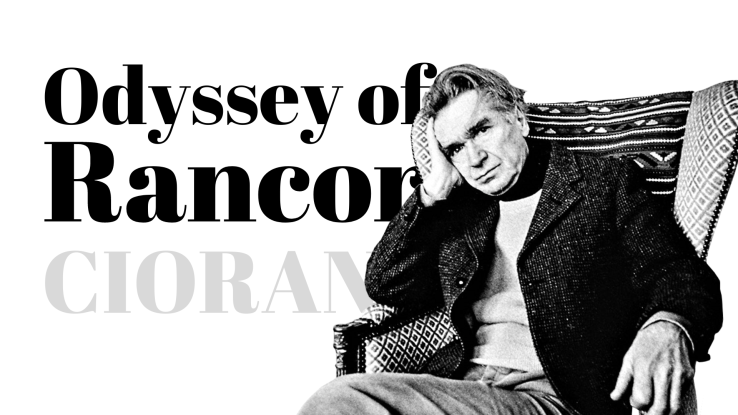Baruch Spinoza’s magnificent admonition has haunted me for more than half a century: “It is necessary that we learn to love God without ever expecting that he will love us in return.” Ethically, that has a certain poignance, but is it humanly acceptable? If you substitute Hamlet for God in Spinoza’s observation, then I might understand it far better than I do. The popular Christian definition “God is love” fades away in the aura of Spinoza’s inspired “intoxication,” to use Coleridge’s characterization of the great Jewish moralist as a “God-intoxicated man.” If my reader is God-intoxicated, then she wisely will smile benignly enough at my qualms, but was Spinoza not talking about Yahweh and not Jesus Christ’s God the Father? Spinoza’s family, Iberian Marranos, had returned to Judaism in tolerant Amsterdam, where the synagogue, doubtless motivated by nervous ness in regard to its Calvinist hosts, reluctantly excommunicated its best mind for his supposed “pantheism,” in which Yahweh and his creation would not always be distinguished.
It makes little sense to say “Yahweh is love,” or that we must love Yahweh. He just is not, never was, and never will be love. Many, if not most, of us at one time or another fall in love with someone who neither can accept love nor return it, though she or he perhaps demands it anyway, if only as worship or tribute. Until I Chronicles, Yahweh sets the pattern for such destructive role-playings, best exemplified in Shakespeare by Cleopatra—until Act V, when she apparently is transformed in the wake of Antony’s death. Even there, Shakespeare endows her with an equivocal quality that is an endless challenge to actresses: how do you play the part of someone who no longer knows whether or not she is playing herself? When Yahweh, perhaps in love with David, as he may have been with Joseph, David’s precursor, promises that he will be a father to Solomon, can we interpret the promise as other than divine dramatism?
I am aware that I am contravening the Sages of Judaism as well as the Christian theologians, but they possess in common a belated stance in regard to the Hebrew Bible, or Christian “Old” Testament. Yahweh necessarily is free of the Christian God the Father’s anxiety of influence, and yet he exemplifies what Paul Valery termed the influence of the poet’s mind upon itself. The J Writer’s Yahweh, who vitalizes parts of what we now call Genesis, Exodus, and Numbers, is nearly identical with the Lord God of 11 Samuel, and hovers like the Ghost of Hamlet’s father in I Chronicles. Of all precursors, Yahweh is the strongest and least escapable.
Nietzsche warned against the tendency of the ancestor god to become a numinous shadow, a hint Freud took up (though he denied its derivation) in his marvelously mad Totem and Taboo, where the totem-father finally is slain by his sons, a horde of enemy brothers who cannibalize their dreaded forebear. This guilty act, according to Freud, is the origin ot all religion and of culture. I am not grisly enough to suggest that those enemy brothers are the Gods of Judaism, Christianity, and Islam—that is, the very diverse fivefold of Adonai the Lord, God the Father, Jesus Christ, the Holy Spirit, and Allah. Freud’s powerful speculation is, however, suggestive, in a Shakespearean way (as one should expect).
How much of Chronicles the great Redactor of “The Academy of Ezra” in Babylon composed, we cannot know, but certainly he arranged the Tanakh so that Chronicles concludes it. Weaving Yahweh into the palimpsest he created of the first three books of the Pentateuch, the Redactor (like Homer as much an author as an editor), attempted a revisionary softening ofYahweh, but that is like attempting to calm a whirlwind. Yahweh cannot be tamed. In Shakespearean terms, Yahweh fuses aspects of Lear, Falstaff, and Hamlet: Lear’s unpredictable furies, Falstaff’s surging vitalism, and Hamlet’s restlessness of consciousness. Confronted by Yahweh’s rhetorical questions, such as, will Leviathan and Behemoth make a covenant with you, either we abhor ourselves like Job, or we strike back vainly like Melville’s Captain Ahab, most courageous and doom-eager of all Gnostics.
We know that, for many among us, Yahweh remains the most accurate answer to the anguished question “Who is God?” A Buddhist, Hindu, or Taoist would not agree, nor would many contemporary Christians, Muslims, and Jews, but mine is a literary critic’s answer, and founds itself upon the force and power of the only literary personality that exceeds in vividness and memorability even Hamlet, Falstaff, Iago, Lear, Cleopatra. To transpose into religious terms, J’s Yahweh is the most persuasive representation of transcendent otherness that I have ever encountered. And yet Yahweh is not only “anthropomorphic” (a hopeless term!) but absolutely human, and not at all a pleasant fellow, but then why should he be? He is not running for office, questing after fame, or seeking benign treatment in the media. If Christianity insists that Jesus Christ is the good news (an assertion that brutality by Christians throughout history has invalidated), then Yahweh is bad news incarnate, and Kabbalah tells us he most certainly has a body, an enormous one at that. It is an awful thing to fall into the hands of the living Yahweh.
I intend neither blasphemy nor irony here, but urge only some fresh perspectives. Loving Jesus is an American fashion, but loving Yahweh is a quixotic enterprise, misdirected because it refuses to know all the facts. You can respect Prospero and obey him, as everyone in The Tempest learns to do, but only Miranda loves him, since he has been both father and mother to her. In the Gospels (excluding John), Yahweh is the father of Jesus only as Abraham was Isaac’s, on the single analogy of the Aqedah, the near sacrifice of the child as an offering to God.
Harold Bloom. Jesus and Yahweh: The Names Divine. New York: Riverhead Books, 2005.
RELATED CONTENT:



